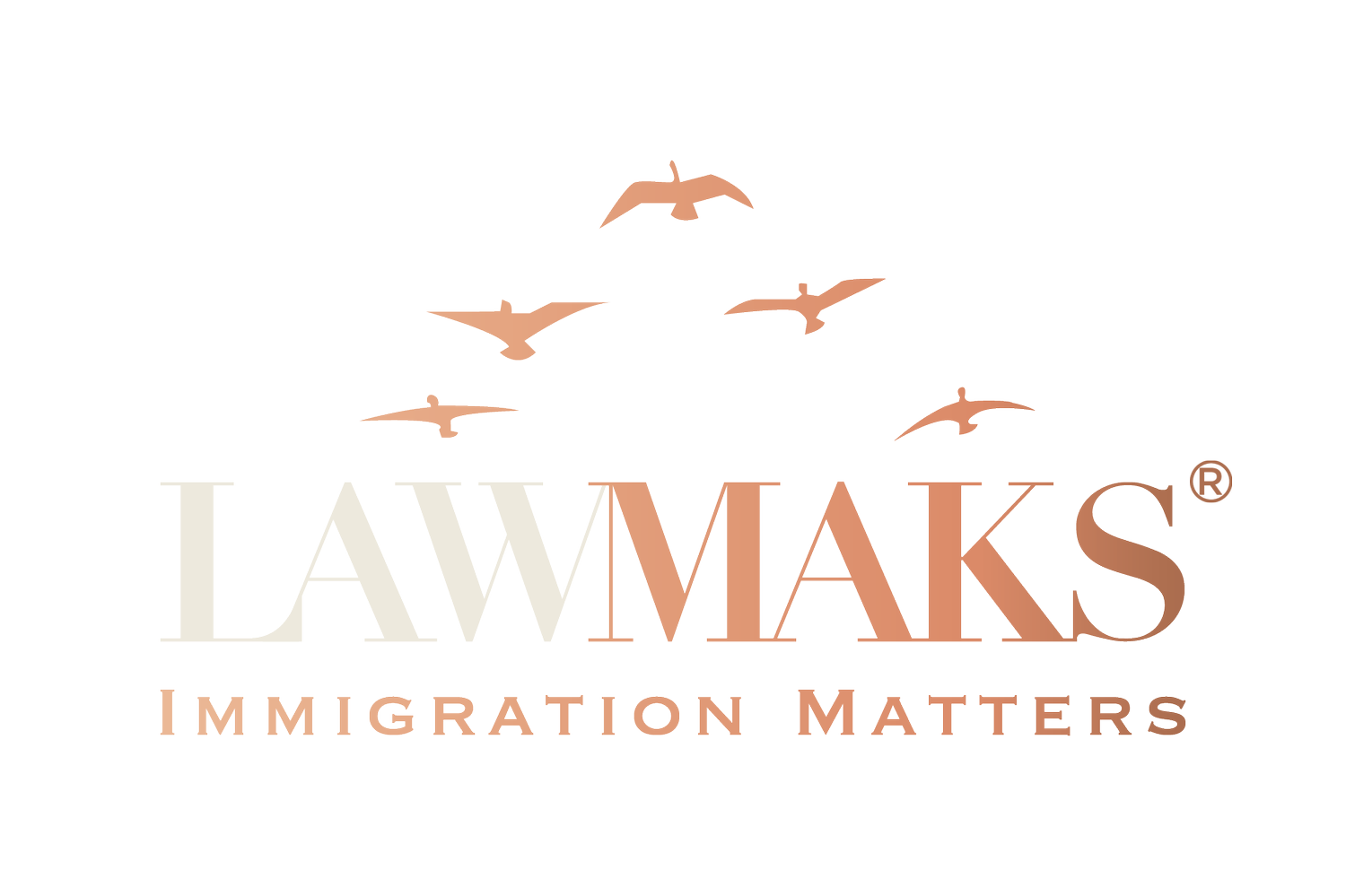How Does the 2022 EB-5 Reform Integrity Act change the EB-5 landscape?
As a potential investor, you may have heard something floating around about the RIA, or the Reform and Integrity Act (the “Act”) of 2022. As it stood, the EB-5 program left itself open for abuse and fraud by certain bad actors. Due to multiple incidents of high-profile fraud through the misappropriation of funds, U.S. Congressman Greg Stanton, along with senators Chuck Grassley and Patrick Leahy, authored a bipartisan bill to try to root out these bad actors.
Taking effect as of March 2023, The Act works as a defense against bad actors at the Regional Centers and attempts to reallocate investment funds into more effective areas. It does this in a few ways:
- Changes the minimum investment for TEA (Targeted Employment Areas) to $800,000
- Creates an Integrity Fund to pay for investigations into potential fraud or misappropriation of funds. The Regional Centers will pay an annual fee to this fund.
- Relocates regional centers to low-income and low-employment areas and away from wealthier areas, focusing investments into public works and job creation, as well as infrastructure projects. Investments made into these rural regional centers will have priority processing.
- 20% of visas are reserved for rural, 10% for high-unemployment areas, and 2% for infrastructure projects each fiscal year.
Above “set-aside” visas are particularly of interest to retrogressed countries, such as India, China and Vietnam, making additional visas available to them. Other countries which have not hit their visa cap, will not be impacted, because visas are currently available to them, upon I-526 (EB-5 application) approval.
PLEASE NOTE:
This content of our website are for educational purposes only and do not constitute legal advice or formation of attorney-client relationship.
Please consult an immigration attorney, with experience in the EB-5 filed for any specific questions related to your case.
Legal advice must be obtained for specific questions from your immigration lawyer after formal engagement (i.e. signed contract with your lawyer).

